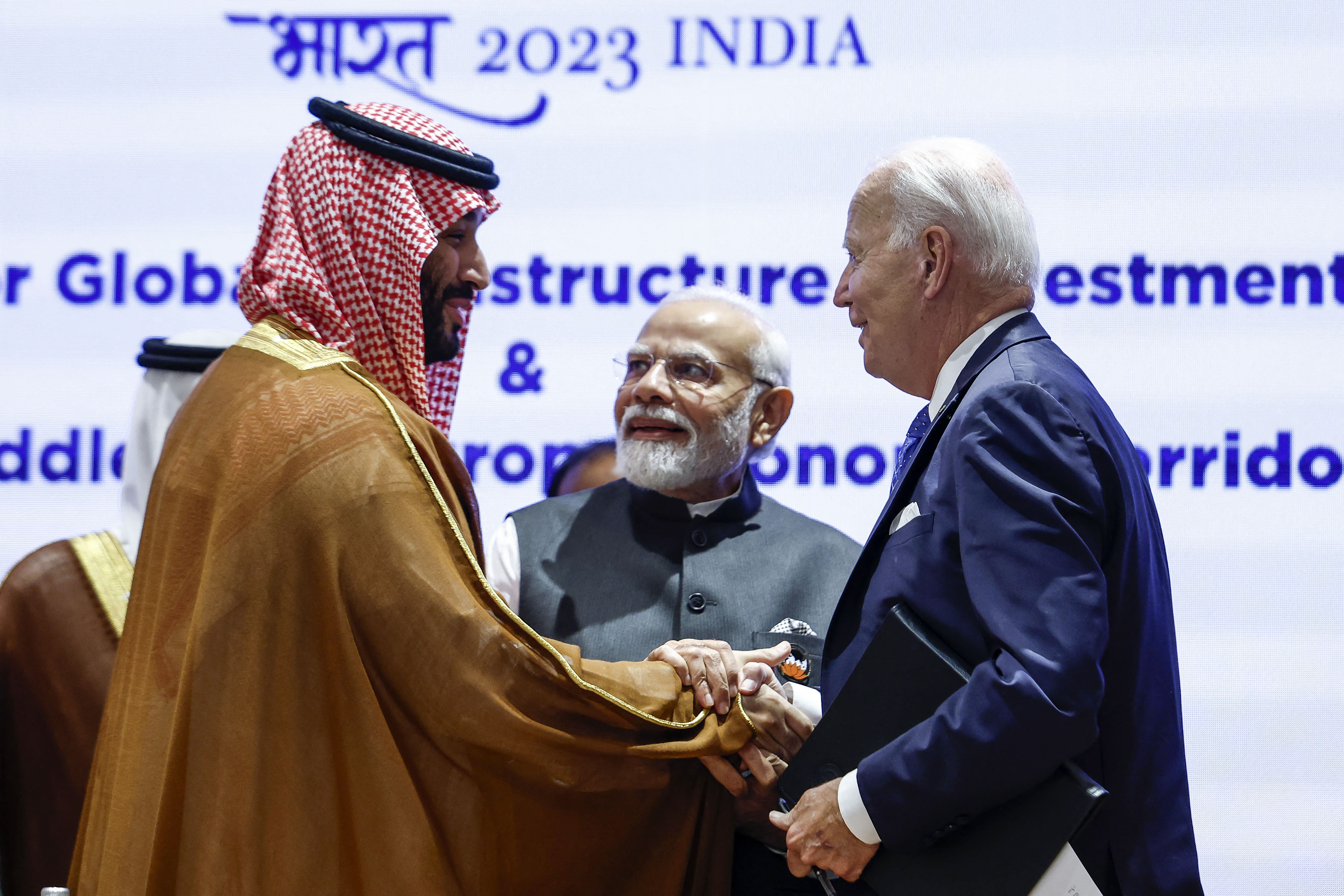
Martina Strong, U.S. ambassador to the United Arab Emirates, believes the U.S. is unequivocally the most important foreign policy actor in the Middle East.
Her comments come roughly one year after President Joe Biden threatened “consequences” for Saudi Arabia after the OPEC kingpin slashed oil production along with its allies against Washington’s wishes.
Biden’s administration has been notably quiet about recent OPEC+ output cuts, however, even as oil prices have rallied close to $100 a barrel.
The U.S. is seeking to orchestrate a delicate balancing act in the region, particularly as it pushes for the normalization of ties between Israel and Saudi Arabia and responds to China’s growing influence.
Saudi Arabia has recently shown signs of steering toward China and Russia after rekindling relations with Iran through Beijing-mediated talks and receiving an invitation to join the emerging economies’ BRICS alliance.
Asked by CNBC’s Dan Murphy whether the U.S. remained the most important foreign policy actor in the region, Strong replied: “Absolutely. I have no doubt about it. Our leadership is really unquestioned and apparent in every, I would say, region of the world — and this is no different.”
Strong said the U.S. is “working very closely together with the UAE and with our other partners here in the region on our core national security priorities as well as our national economic priorities.”
“When it comes to security, President Biden has put forward a very positive, strong vision for our cooperation with the region. It’s based on diplomacy, it’s based on deterrence, de-escalation and, at the end of all this, of course, is prosperity,” she added.
“We’ve been doing that successfully here in the UAE for over 50 years, and we look forward to doing so for many years to come. I would say what is perhaps unique about our partnership with the UAE is how future-oriented and forward-looking that partnership is.”
Strong said the U.S. and UAE would continue to work together in response to the climate crisis. The UAE is scheduled to host the COP28 climate conference from Nov. 30 through to Dec. 12.
— CNBC’s Ruxandra Iordache contributed to this report.
Source: CNBC
